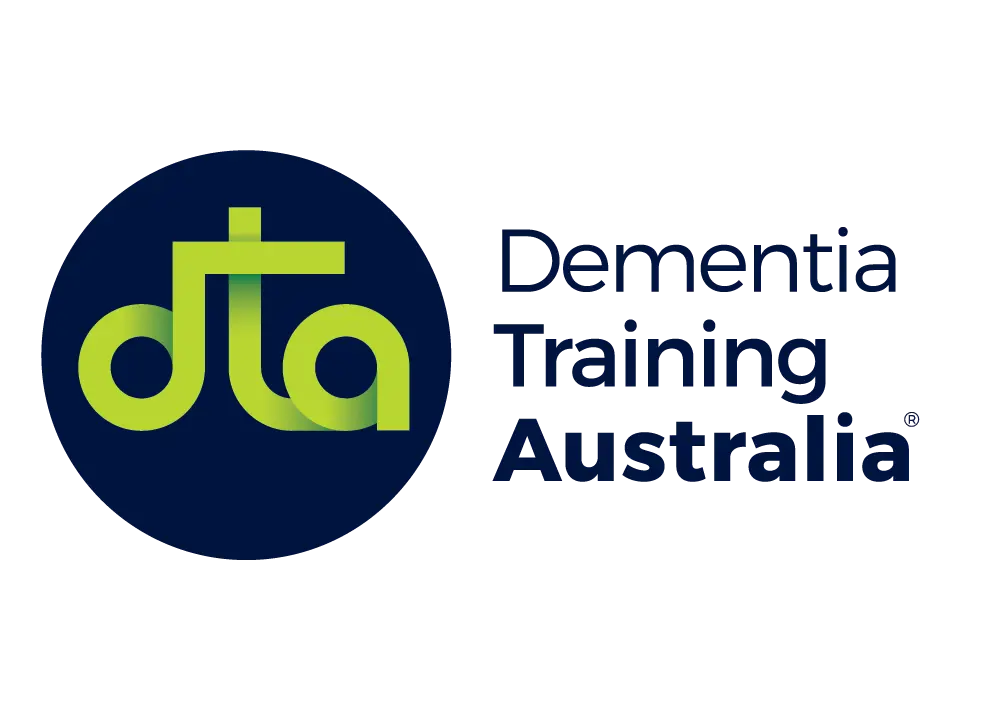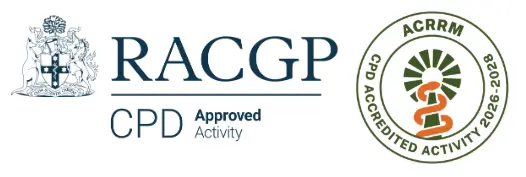Pharmacotherapy updates in managing dementia and dementia risk
In this webinar the Dementia Training Australia medical education team will delve into the latest evidence surrounding medication use in dementia, highlighting both long-established symptomatic therapies and the rapidly emerging landscape of disease-modifying treatments for Alzheimer’s disease.
The session will begin with an in-depth review of the current pharmacological options used to support cognitive function and changing behaviours. Participants will examine the mechanisms of action, therapeutic benefits, and safety profiles of commonly prescribed agents, including cholinesterase inhibitors, memantine, antidepressants, antipsychotics, and sleep medications. Discussion will focus on how to optimise treatment while minimising adverse effects such as falls, sedation, and cardiovascular risks—key considerations in frail older adults.
The webinar will then explore the new generation of disease-modifying therapies targeting the underlying biology of Alzheimer’s disease, including monoclonal antibodies that act on amyloid and tau proteins. Participants will gain an understanding of how these agents work, their clinical efficacy, eligibility criteria, and the practical implications for patient selection, monitoring, and ongoing care.
Beyond pharmacology, the session will integrate an evidence-informed approach to managing the broader clinical challenges of dementia—particularly sleep disturbances, mood changes, and altered behaviours. Drawing on current research and best practice guidelines, participants will evaluate the strength of evidence supporting medication use in these areas and consider when non-pharmacological interventions should be prioritised as first-line strategies.
Emphasising person-centred and ethical prescribing, this webinar will equip attendees with practical knowledge to support safe and compassionate decision-making in dementia care. By the end of the session, participants will have a clearer understanding of how to apply current evidence to clinical practice, individualise treatment plans, and contribute to improving quality of life for people living with dementia and their families.
Learning Objectives
-
Identify the risks and benefits of medications that are used for dementia.
-
Summarise the mode of action and efficacy of disease modifying medication for Alzheimer’s disease.
-
Outline the evidence base for medications used for sleep and depression in dementia.
-
Discuss the role of antipsychotics in changed behaviours.
This is a Medcast Continuing Medical Education (CME) course.
Webinar Partner
Medcast is proud to be partnering with Dementia Training Australia to bring you this important webinar series.

This course is formally accredited with RACGP and ACRRM.
RACGP Activity ID: 1401717
ACCRM Activity ID: 39084

Recorded Webinar
Duration: 1 HR CPD
Educational Activities: 1 hours
Areas Of Interest: Aged Care, Chronic diseases, General Practice, Mental Health
Medical Practitioners
Or follow us on social media
All your CPD in one easy membership.
From $35/month
- All your CPD
- 100+ hours of premium courses
- Exclusive content


